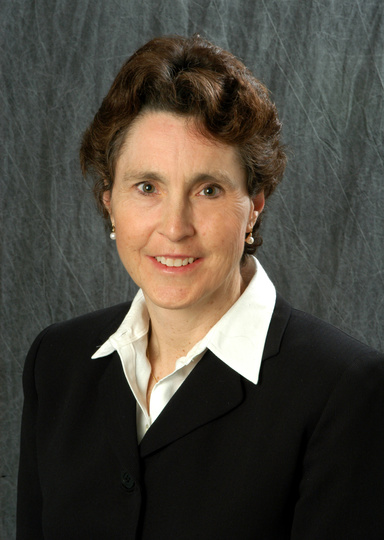A study by University of Iowa researchers found that patients who received mailed educational information about colon cancer screening plus a testing kit they could use at home were more than three times as likely to get screened for the disease as patients who received usual medical care.
The clinical trial was led by UI family medicine researchers Barcey Levy; Yinghui Xu; Jeanette Daly; and John Ely, and was conducted through the Iowa Research Network, a primary care practice-based research network dedicated to improving the health of Iowans. Sixteen family physician practices throughout Iowa participated. The study findings were published in the September/October issue of the Journal of the American Board of Family Medicine.
More than 50,000 Americans die each year from colon cancer, making it the second leading cause of cancer death in men and women. The disease starts with no symptoms, but appropriate screening prevents between 50 and 80 percent of colon cancer cases.
Two main tests are used in the United States to screen for colorectal cancer—the fecal occult blood test and a colonoscopy. A newer type of fecal occult blood test, called a fecal immunochemical test (FIT), is now available. The FIT does not require any dietary restrictions and can be used at home by the patient.
The study measured the effect on screening rates of mailing information about colorectal cancer screening and the at-home testing kit to patients.

"Mailing educational materials and FIT kits directly to patients in primary care practices across Iowa led to much higher colon cancer screening rates compared with usual care," Levy says. "The results suggest that mailed education along with fecal immunochemical tests may save lives by increasing the early detection of colon cancer. Practices and health care systems wishing to increase colon cancer screening rates should consider systematically mailing information and the take-home test to patients due for colon cancer screening. We would encourage people to talk with their health care provider about getting screened for this potentially preventable disease."
Physicians at participating practices received face-to-face education about the guidelines for screening for colon cancer. Patients at the practices who agreed to participate in the study were randomized with equal chance to one of four groups: 1) usual care; 2) physician chart reminder about colon cancer screening; 3) chart reminder, plus mailed educational material about colon cancer screening and a fecal immunochemical test (FIT); or 4) chart reminder, plus mailed educational material with an FIT, plus a follow-up telephone call from project staff providing education, assessing interest in screening, explaining the screening tests, and addressing any barriers. The researchers then tracked whether patients subsequently completed any colon cancer screening.
The study enrolled 743 patients who, because of their age (52 or older), were due for colon cancer screening at the start of the study. Colon cancer screening was completed by 18 percent of patients in the usual care group, 21 percent of those in the chart reminder group, 57 percent in the mailed education/FIT group, and 57 percent in the mailed education/FIT plus phone call group. Both FIT and colonoscopy rates increased significantly in the each of the mailed education groups.
Men and women aged 50 to 75 years of age at average risk for colon cancer are encouraged to be screened at regular intervals. However, about one in three adults eligible for screening have not been screened. Approximately half of colon cancers in the United States are diagnosed at a late stage, when long-term cures are much more costly and less likely.
The study was funded by the American Cancer Society. (Grant # RSGT-08-148-01-CPPB)